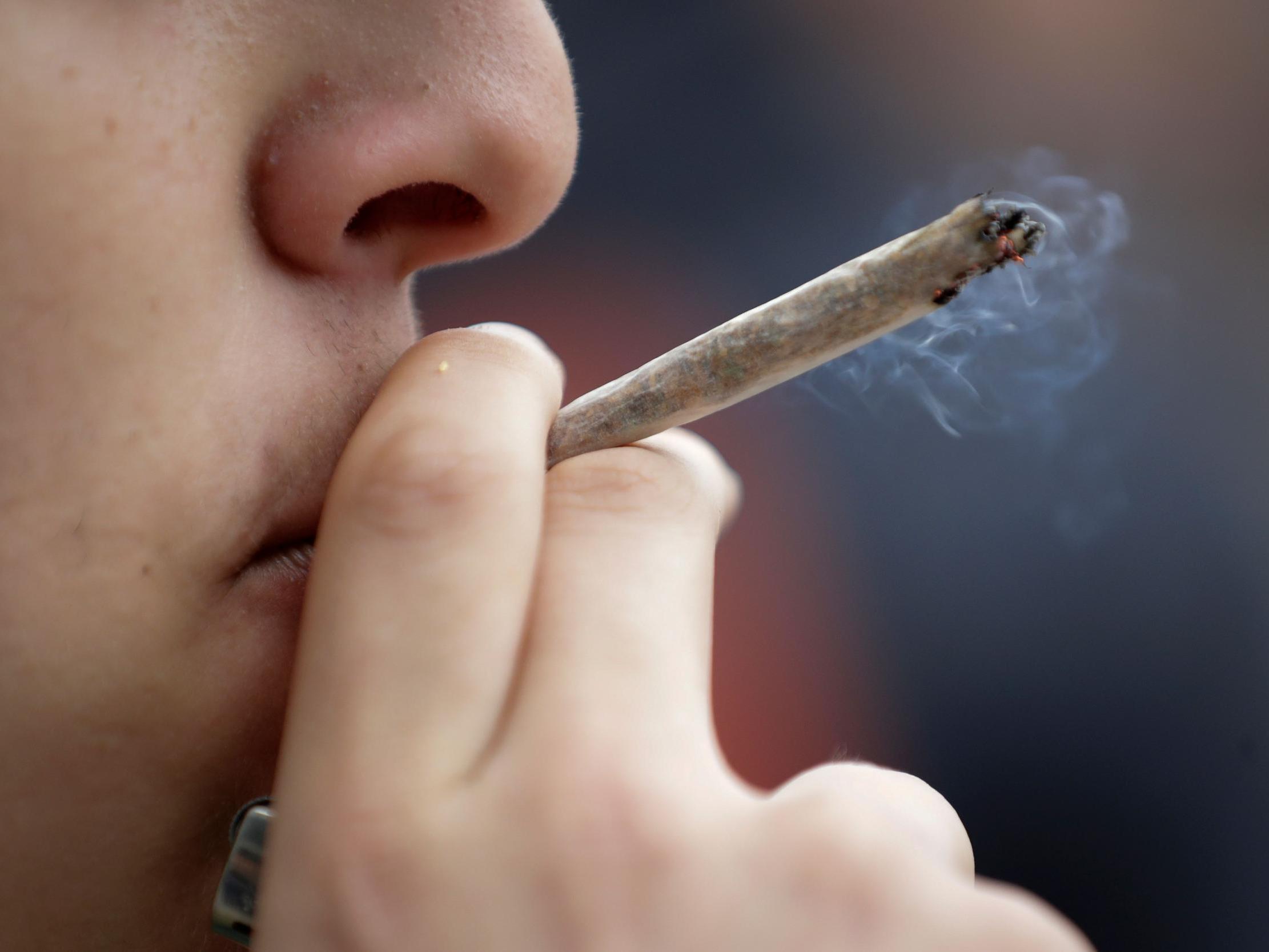Legalising cannabis could help fund NHS and earn UK £3.5billion a year, study claims
Health Poverty Action says legalisation not only profitable, but safer

Your support helps us to tell the story
From reproductive rights to climate change to Big Tech, The Independent is on the ground when the story is developing. Whether it's investigating the financials of Elon Musk's pro-Trump PAC or producing our latest documentary, 'The A Word', which shines a light on the American women fighting for reproductive rights, we know how important it is to parse out the facts from the messaging.
At such a critical moment in US history, we need reporters on the ground. Your donation allows us to keep sending journalists to speak to both sides of the story.
The Independent is trusted by Americans across the entire political spectrum. And unlike many other quality news outlets, we choose not to lock Americans out of our reporting and analysis with paywalls. We believe quality journalism should be available to everyone, paid for by those who can afford it.
Your support makes all the difference.Legalising cannabis could earn the UK up to £3.5bn a year, a new study has claimed.
Health Poverty Action, an international development organisation, claims that legalising the class B drug would have many benefits, including extra revenue to fund the NHS.
The study estimated levels of tax income assuming the hypothetical cannabis market worked in a similar way to the UK alcohol and tobacco markets in terms of taxation.
It said a “conservative” estimate of yearly cannabis duties would be nearly £2bn if the drug were taxed at the same level as alcohol, or £3.5bn if tobacco taxation levels were applied.
The study also references US states that have decriminalised cannabis, stating that "Colorado – with a population only slightly larger than Scotland – raised $247m (£179m) from new cannabis taxes and licence fees in 2017 alone".
Legalisation potentially leading to an increase of young people using the drug is also addressed in the study.
"The early indications from the US states where the newly regulated markets are most developed, are that teenage use of cannabis has not risen as opponents of legalisation had feared, whilst at the same time new cannabis taxes are bringing in vital revenues to help fund public services," the study's authors say.
The argument that legalisation decriminalises a 'gateway' drug is also addressed. The study says: "Regulation could reduce the ‘gateway’ opportunity for criminal suppliers to additionally market more risky (and more profitable) drugs to consumers."
And the study points out that decriminalising cannabis will take money away from drug dealers and allow the substance to be safely regulated.
Health Poverty Action suggests: "We could regulate or limit potency (or nudge people towards using safer products through tax/pricing), reduce the use of adulterants and limit the quantity of heavy metals, pesticides or other harmful products that make it into the final product, ensuring the safety of cannabis users."
Martin Drewry, Director of Health Poverty Action, said: “This week Canada will become the first G7 country to vote to legalise and regulate cannabis, it is clear that the war on drugs has failed and that responsible regulation protecting public health is the way forward.
"And with the NHS on the brink this kind of tax revenue is hard to ignore. The time has come for the UK to catch up with this global shift – we really cannot afford to be left behind.”
Join our commenting forum
Join thought-provoking conversations, follow other Independent readers and see their replies
Comments